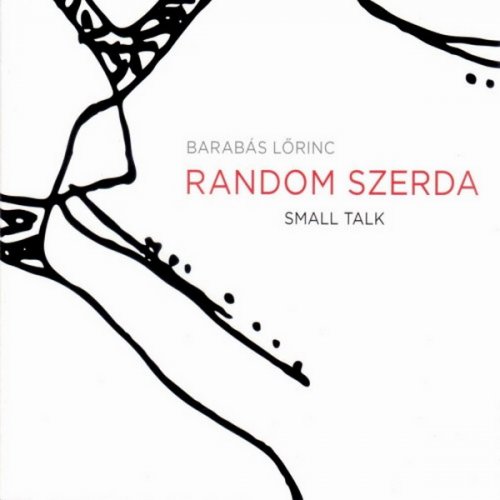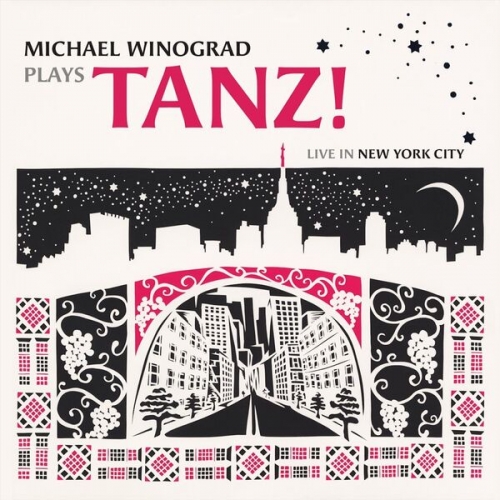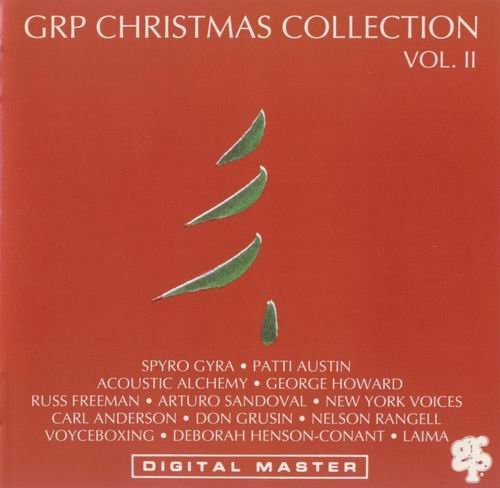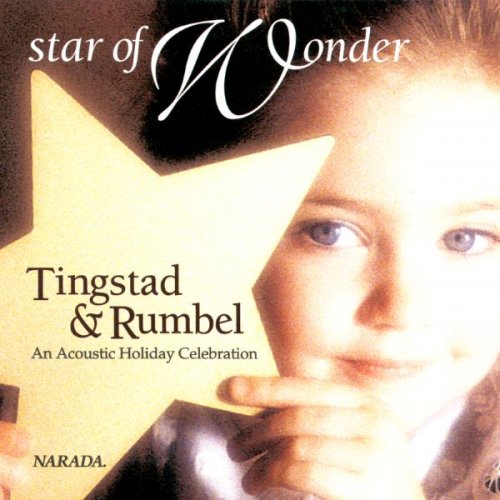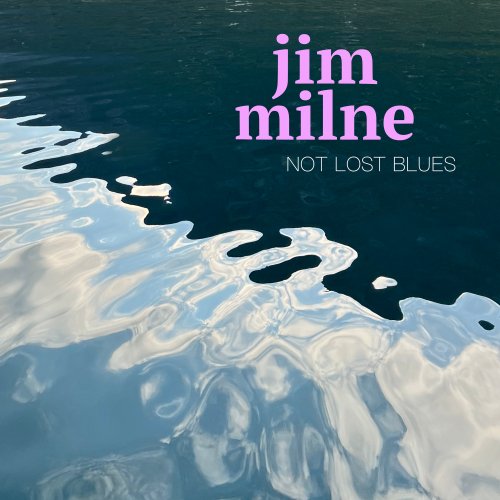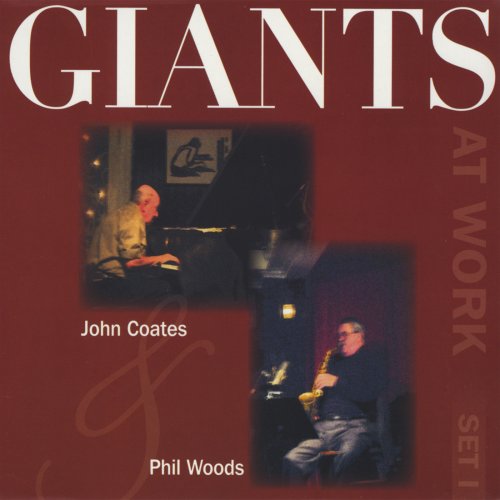Choir of Gonville & Caius College, Cambridge - In Praise of St. Columba: The Sound World of the Celtic Church (2014)
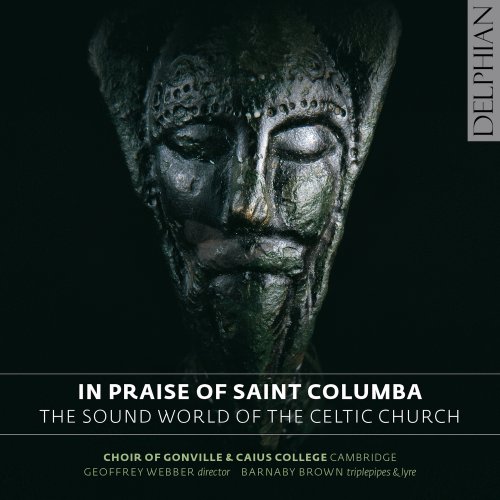
Artist: Choir of Gonville & Caius College, Cambridge
Title: In Praise of St. Columba: The Sound World of the Celtic Church
Year Of Release: 2014
Label: Delphian Records
Genre: Classical
Quality: FLAC (tracks)
Total Time: 01:16:06
Total Size: 385 MB
WebSite: Album Preview
Tracklist:Title: In Praise of St. Columba: The Sound World of the Celtic Church
Year Of Release: 2014
Label: Delphian Records
Genre: Classical
Quality: FLAC (tracks)
Total Time: 01:16:06
Total Size: 385 MB
WebSite: Album Preview
01. Choir of Gonville & Caius College, Barnaby Brown - Os Mutorum, Lux Cecorum (3:07)
02. Choir of Gonville & Caius College - Loquebar De Testimoniis Tuis (3:09)
03. Malachy Frame, Simon O’Dwyer, Liam Crangle - River Erne Horn Duet (4:30)
04. Choir of Gonville & Caius College - Adiutor Laborantium (3:27)
05. Choir of Gonville & Caius College, Barnaby Brown - Sanctorum Piissime Columba (3:19)
06. Choir of Gonville & Caius College - Lauda Anima Mea Dominum (1:44)
07. Choir of Gonville & Caius College - Noli Pater (4:54)
08. Choir of Gonville & Caius College, Barnaby Brown - Carne Solutus Pater Columba (4:42)
09. Choir of Gonville & Caius College - Amen Dico Vobis (3:23)
10. Choir of Gonville & Caius College - Liberasti Nos Domine (3:24)
11. Choir of Gonville & Caius College, Barnaby Brown, Simon O'Dwyer, Liam Crangle - Cantemus In Omni Die (3:38)
12. Choir of Gonville & Caius College, Barnaby Brown, Malachy Frame, Simon O'Dwyer - Altus Prosator (25:06)
13. Choir of Gonville & Caius College, Barnaby Brown - Volens Lhesus Linire (3:50)
14. Choir of Gonville & Caius College - Laudate Dominum (3:31)
15. Barnaby Brown - The Desperate Battle of the Birds (4:31)
In their extensive notes to this release, piper Barnaby Brown and conductor Geoffrey Webber freely concede that the contents represent a purely speculative approach to reconstructing the sound of the music heard in the early Celtic church. Even the literal-minded should not let that stop them from hearing this impressive and downright enjoyable performance. Saint Columba (521-597) was an Irish missionary and scholar who dispersed Christianity in Scotland and exerted a long influence on monastic life in Ireland. Actual music pertaining to him does not appear until the 14th century, in the latest of the three sources or groups of sources used here: the so-called Inchcolm Antiphoner of 1340. Even there, all that's recorded, as with other chant manuscripts, is melody, with no clear indication of rhythm. The other two sources are a set of Irish chants from the 10th century C.E. in Swiss manuscripts, and hymn texts with no music from the Hebridean island of Iona. One of these may be by Columba himself. It's not much to go on, but what Brown and Webber, leading the Choir of Gonville & Caius College, make of it is varied and exciting. The Inchcolm pieces are accompanied by triple pipes, an ancient and stirring Celtic instrument that has been reconstructed from drawings. The combination of choral chant and bagpiping is both entirely novel and backed by a certain amount of historical evidence: various Christian texts inveigh against the use of pipes in church. The pieces from the 10th century are sung unaccompanied, and the earliest works are backed by Brown and other Irish musicians, drawing on a variety of Celtic material. Rhythmically, too, the music is varied: the performers assume that chant was rhythmically marked by its vernacular context rather than sung in even notes. This is all as speculative as promised, but it works well, and there are several remarkable highlights, including a 25-minute alphabetic and highly philosophical chant given a shifting musical accompaniment by Brown. Listeners have never heard anything quite like this, and the music is of interest far beyond the Celtic realm: really anyone intrigued by the question of the reconstruction of early music might like it, and for those who just like bagpipes, it will likewise suit them fine.

![Various Artists - Éternel Jazz Restauré - Noël Avec Les Étoiles (Édition restaurée) (2025) [Hi-Res] Various Artists - Éternel Jazz Restauré - Noël Avec Les Étoiles (Édition restaurée) (2025) [Hi-Res]](https://img.israbox.com/img/2025-12/24/8zoxz967d1wdq20lhc5fgeyay.jpg)
